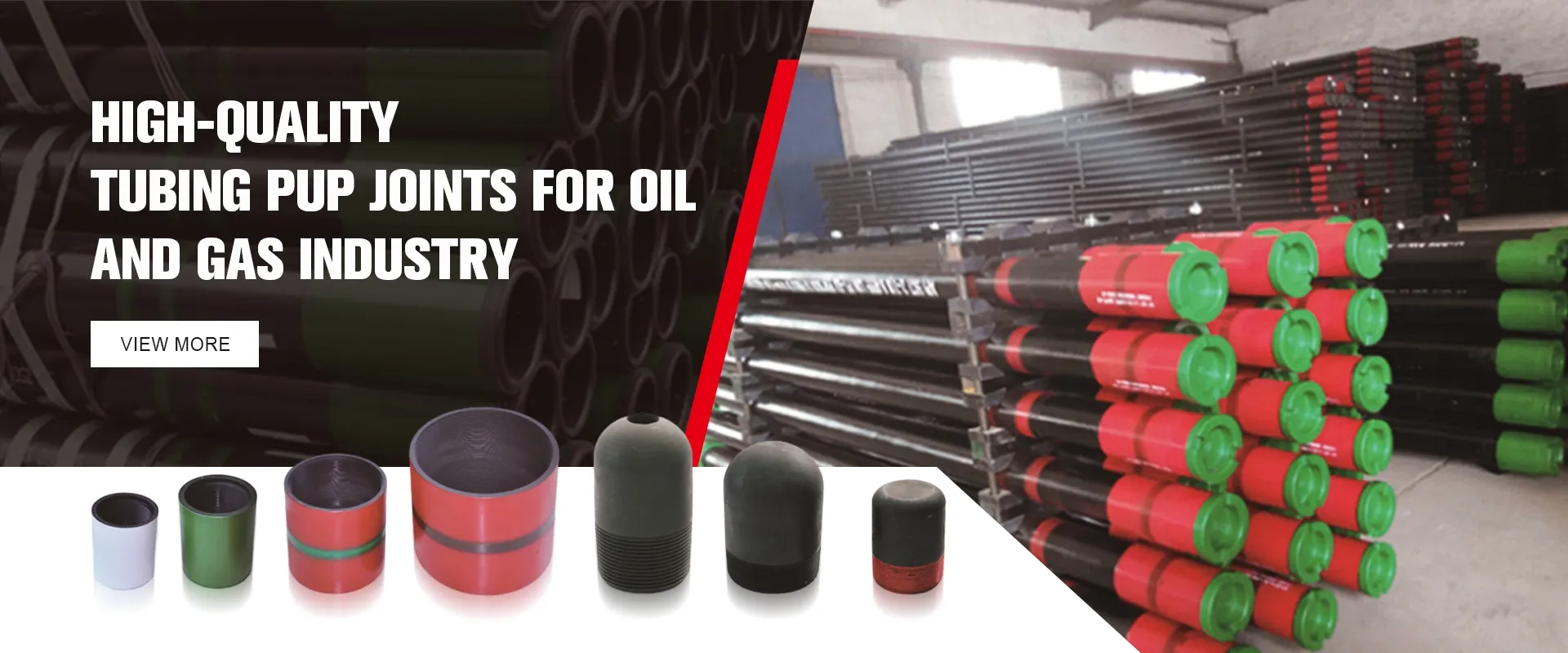- Afrikaans
- Albanian
- Amharic
- Arabic
- Armenian
- Azerbaijani
- Basque
- Belarusian
- Bengali
- Bosnian
- Bulgarian
- Catalan
- Cebuano
- Corsican
- Croatian
- Czech
- Danish
- Dutch
- English
- Esperanto
- Estonian
- Finnish
- French
- Frisian
- Galician
- Georgian
- German
- Greek
- Gujarati
- Haitian Creole
- hausa
- hawaiian
- Hebrew
- Hindi
- Miao
- Hungarian
- Icelandic
- igbo
- Indonesian
- irish
- Italian
- Japanese
- Javanese
- Kannada
- kazakh
- Khmer
- Rwandese
- Korean
- Kurdish
- Kyrgyz
- Lao
- Latin
- Latvian
- Lithuanian
- Luxembourgish
- Macedonian
- Malgashi
- Malay
- Malayalam
- Maltese
- Maori
- Marathi
- Mongolian
- Myanmar
- Nepali
- Norwegian
- Norwegian
- Occitan
- Pashto
- Persian
- Polish
- Portuguese
- Punjabi
- Romanian
- Russian
- Samoan
- Scottish Gaelic
- Serbian
- Sesotho
- Shona
- Sindhi
- Sinhala
- Slovak
- Slovenian
- Somali
- Spanish
- Sundanese
- Swahili
- Swedish
- Tagalog
- Tajik
- Tamil
- Tatar
- Telugu
- Thai
- Turkish
- Turkmen
- Ukrainian
- Urdu
- Uighur
- Uzbek
- Vietnamese
- Welsh
- Bantu
- Yiddish
- Yoruba
- Zulu
Durable Stainless Steel Couplings for Reliable Pipe Connections and Fluid Transfer Solutions
Understanding Stainless Steel Couplings An Essential Component for Various Applications
Stainless steel couplings play a crucial role in a wide range of industries, providing both structural integrity and versatility in connecting various pipes, tubes, and shafts. These fittings, made from stainless steel, are designed to transfer loads and stresses while maintaining a reliable and durable connection. Understanding the characteristics, types, and applications of stainless steel couplings is vital for anyone working in fields such as plumbing, construction, manufacturing, and automotive industries.
What Are Stainless Steel Couplings?
A coupling is a device used to connect two pieces of equipment or piping systems, allowing for the efficient transfer of fluids, gases, or mechanical power. Stainless steel couplings are favored for their strength, corrosion resistance, and longevity. Stainless steel, an alloy of iron, carbon, and chromium, provides excellent resistance to oxidation and rust, making it ideal for applications exposed to harsh environments.
Types of Stainless Steel Couplings
Stainless steel couplings come in various forms, each serving specific purposes
1. Rigid Couplings These couplings are designed to maintain a fixed position between two shafts or pipes, effectively transferring torque without allowing for any misalignment. They are commonly used in applications where precise alignment is essential.
2. Flexible Couplings Unlike rigid couplings, flexible couplings can accommodate misalignment between two connected shafts. They allow for some degree of movement and are essential in applications where vibration, thermal expansion, or other factors might cause misalignment.
3. Clamp Couplings These couplings feature a simple design where the two ends are connected using clamps. They are easy to install and remove, making them suitable for applications where quick disassembly is required.
4. Sleeve Couplings This type consists of a hollow sleeve that connects two shafts or pipes together. Sleeve couplings are straightforward, offering a reliable method for joining components when perfect alignment is not critical.
Advantages of Using Stainless Steel Couplings
1. Corrosion Resistance The primary advantage of stainless steel couplings is their ability to withstand corrosive environments. They are ideal for use in industries such as food processing, pharmaceuticals, and marine applications where exposure to moisture and chemicals is common.
stainless steel coupling

2. Strength and Durability Stainless steel boasts high tensile strength, ensuring that couplings can handle heavy loads and pressures. This durability makes them a cost-effective choice in the long run, as they require less frequent replacement.
3. Ease of Maintenance Stainless steel couplings typically require minimal maintenance. Their smooth surface prevents the accumulation of debris and contaminants, facilitating easy cleaning and upkeep.
4. Aesthetic Appeal The polished finish of stainless steel offers a sleek appearance, making it a preferred choice in architectural applications where visual appeal is important.
Applications of Stainless Steel Couplings
Stainless steel couplings are used in numerous applications across various industries
- Plumbing and HVAC They are essential in plumbing systems to connect pipes and fittings, allowing for the seamless flow of water and gases.
- Automotive In the automotive sector, these couplings are used to connect driveshafts and exhaust systems, providing reliable performance under demanding conditions.
- Food and Beverage Their non-reactive nature makes them ideal for food and beverage processing, where hygiene and safety are paramount.
- Oil and Gas In the oil and gas industry, stainless steel couplings ensure secure connections within pipelines, preventing leaks and ensuring safe transport of materials.
Conclusion
In summary, stainless steel couplings are integral components in various industrial and commercial applications. Their strength, versatility, and resistance to corrosion make them an ideal choice for connecting pipes, shafts, and other equipment. With different types available to suit specific needs, understanding the advantages and applications of stainless steel couplings is essential for ensuring reliable and efficient operations across multiple sectors. As industries continue to evolve, the demand for high-quality connections will ensure that stainless steel couplings remain a critical element in engineering and manufacturing processes.
-
Tubing Pup Joints: Essential Components for Oil and Gas OperationsNewsJul.10,2025
-
Pup Joints: Essential Components for Reliable Drilling OperationsNewsJul.10,2025
-
Pipe Couplings: Connecting Your World EfficientlyNewsJul.10,2025
-
Mastering Oilfield Operations with Quality Tubing and CasingNewsJul.10,2025
-
High-Quality Casing Couplings for Every NeedNewsJul.10,2025
-
Boost Your Drilling Efficiency with Premium Crossover Tools & Seating NipplesNewsJul.10,2025







